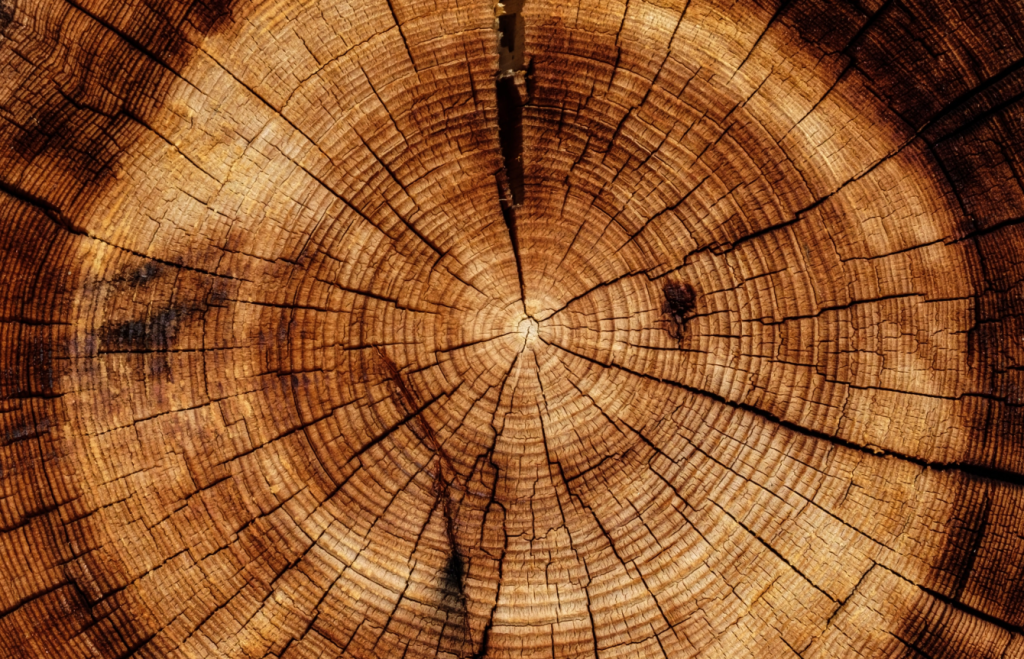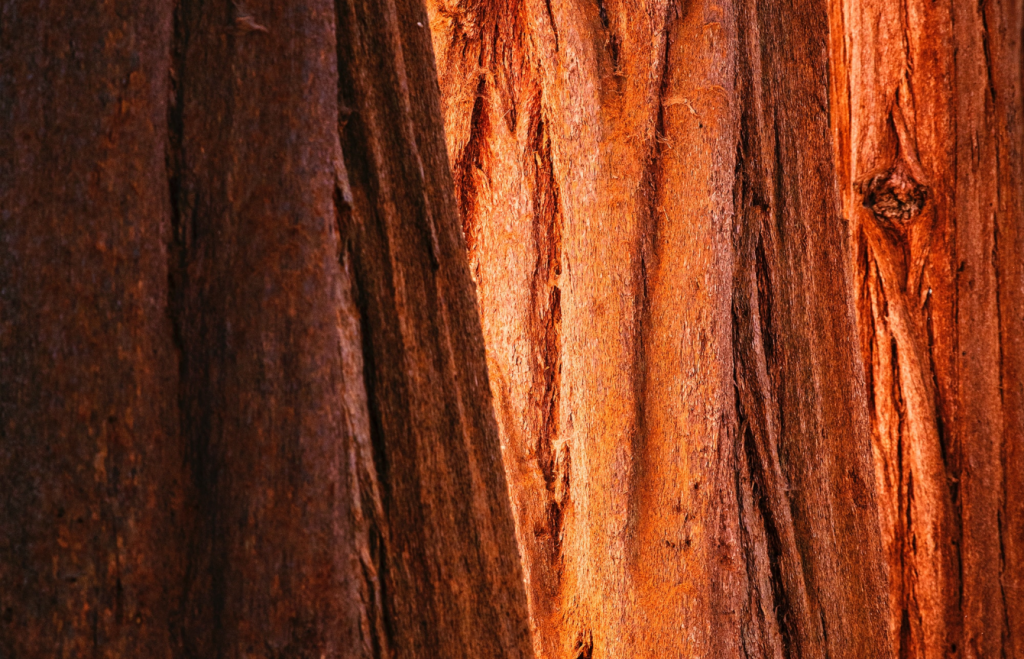I am a Giant Sequoia. I’ve lived on this planet for several thousands of years. With leaves and branches as high as 80 metres above the ground, and roots as deep as 60 metres down the earth, I have flourished alongside my brothers and sisters from different kingdoms, and witnessed many of them come and go. I remember when I first saw humans coming into our land, when I was still very young. They were respectful and caring. They cared for us, they revered us. We lived in peace with each other, and peace was in our land for many years.
But there came the time when a new group of white-skinned humans from the far away continent came in, around the end of what they call the 18th century. With their steel swords and guns, their cattle and their crops, these newcomers began to colonise our land. They came with greed in their hearts, desiring to pillage our country and take its fortunes. At one moment they discovered gold. So, during the time they called the Gold Rush, many more came in to take that gold and fight for it. To grow their settlements, these white-skinned humans waged a war on my tree people, and massacred magnificent sequoias in numbers. They built their industries and roads, they destroyed our sacred forests and killed our human guardians from Indian tribes.
So we tried to call to their senses. We called to their memory of forests that were once home to their own ancestors. Yet they would not listen, these white-skinned humans forgot how to listen to the forest.
It was in the aftermath of the greatest human war, The World War Two, when they heard us for the first time. They knew that this big war threatened human existence, and they wanted such wars to never happen again. So human leaders assembled in the sequoia grove of Muir woods and declared that, from that time on, humanity should become one family, the United Nations.
There was a moment of great hope, but that decision was not enough. The greed still ruled, the destruction of the land and forests continued. The next big war was in the air, as two greatest nations threatened each other with their nuclear arms.

Then another generation of humans came around the 1960s, of young people who called themselves “flower children”. They decided they wanted to change the culture and reconnect with nature, so they tried to do it through music, dance, meditation, and chemicals that altered their mind state. They threw parties in our magnificent forests and rejoiced in life. And again, something was missing – these movements were too counter-cultural, too radical for the majority of the humankind to listen. Many people just preferred to continue their course of life.
Around the 1990s and the 2000s, new generations again tried to change the world through technological inventions, awakening the “global brain” of humankind. In the place called Silicon Valley, not far away from my grove, they thought that computers, communication networks and software would bring salvation to their species and the planet. Yet instead they often just entangled themselves within digital illusions, fought each other in the wars of fake news where truths were lost, and enslaved their minds and souls within systems of digital control.
Living detached from the land and the forces of Life, humans grew more and more unhappy, until they became devastated. They feared they were approaching the end of their species, they spoke with each other about the climate and the biodiversity crisis, the inequality and injustice – and yet continued to march towards the abyss.
When the Turn Generation came, they knew the time for changes was running short, and the war humanity had waged on nature and on itself would eventually destroy everyone. They knew that every opportunity to “fix” the world’s problems had been tried – and each of them failed. The problem, they realised, was not with the world itself – but with the human way of seeing the world. The world did not need to be “fixed” — it was time to fix the vision, the worldview, the dominant paradigm of civilization. They started to recall the truth once known to their ancestors – that they are but a small part of a large tapestry of Life, and their existence is dependent on harmony with all of the biosphere.

For the first time in centuries, humans started to see us and observe us. They created tools to listen to us – combining the ancient wisdom and the most sophisticated technologies such as artificial intelligence and neural interfaces. And then we began a great conversation among beings of the biosphere, large and small, fast and slow.
Humans started learning with us, learning our ways, the ways of nature. They saw how the life- and love-affirming structures of nature help all species align with each other and flourish together. They learnt that peace is the dominant and natural state of being, and that every human has the memory of that state deep inside themselves.
As these learnings started to be disseminated, more and more people came to their senses and recognized that the world is full of non-human beings’ life and wisdom, they had just been neglected by humans for far too long. And by learning with nature, they also learnt of their own nature – and how to empathise with each other, and connect not only through their technology and their minds, but also through their hearts.
From the sequoias, in particular, they learnt to sense the future and the past the way we do, from the perspective of lives that span through centuries. They learnt to understand long term consequences of the choices they make. And because of that, they have rebuilt their industries, their cities, their transportation and food systems to become more aligned with nature, to regenerate life on Earth, to support the flourishing of everyone.
And that was the sealing of a peace pact with great forests and all ecosystems of the world. The war of humanity on nature finally came to an end. And here, in this place where my people lived, in the grove where I grew up, 80 metres above the ground, and 60 metres down the earth, I had the joy to witness the beginning of the era of global peace on Earth.